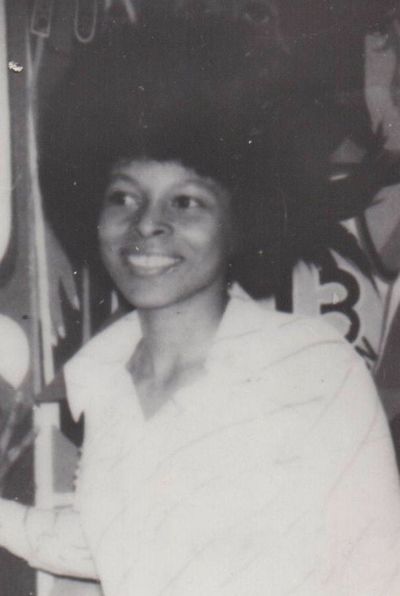Assata Shakur, a Black liberation activist who was given political asylum in Cuba after her 1979 escape from a U.S. prison where she had been serving a life sentence for killing a police officer, died Sept. 25.
Shakur died in Havana due to “health conditions and advanced age,” Cuba’s Ministry of Foreign Affairs said in a statement. Shakur’s daughter, Kakuya Shakur, confirmed her mother’s death in a Facebook post.
Officials in New Jersey, where Shakur had been arrested, convicted and imprisoned, said she was 78, the Associated Press reported.
A member of Black Panther Party and Black Liberation Army, Shakur’s case had been emblematic of the relations between the U.S. and Cuba. American authorities, including President Donald Trump, demanded her return.
The FBI put Shakur on its list of ” most wanted terrorists,” but, in in the minds of her supporters she was pursued for crimes she didn’t commit or that were justified, the AP reported.
On May 2, 1973, Shakur and two others were pulled over by New Jersey State Police troopers because the car they were driving had a broken taillight. A gunfight ensued and one of the troopers, Werner Foerster, was killed and another was wounded. One of Shakur’s companions was also killed.
The New York City native fled but was eventually apprehended. She was found guilty of murder, armed robbery and other crimes in 1977 and was sentenced to life in prison, the AP reported. Shakur was charged with additional bank robberies and in the nonfatal shootings of two other officers, the AP reported, but most of those charges were dismissed or resulted in her acquittal.
Shakur’s prison stint was short-lived. In November 1979, members of the Black Liberation Army, posing as visitors, stormed the Clinton Correctional Facility for women, took two guards hostage and commandeered a prison van to break her out, the AP wrote. Shakur disappeared before eventually emerging in 1984 in Cuba, where Fidel Castro granted her asylum.
Shakur has also been widely described as rapper Tupac Shakur’s godmother.
